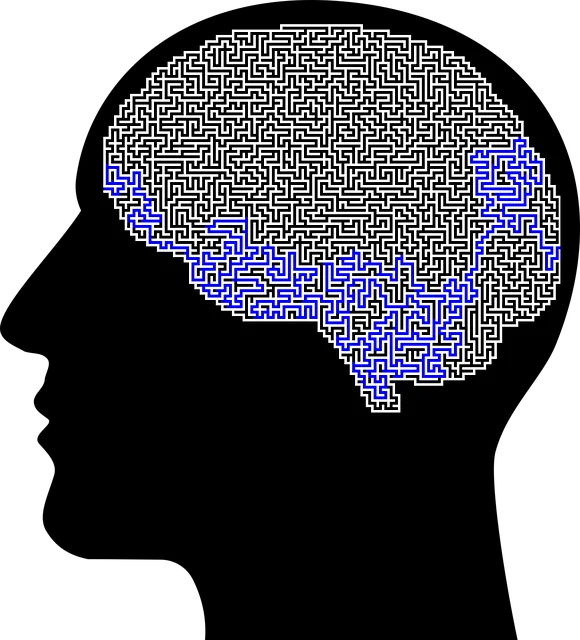Mental wellness program evaluations are crucial for organizations like Kaiser Permanente's behavioral health phone number in Denver to ensure effective interventions. Through a multi-faceted approach combining participant surveys, clinical outcomes, and stakeholder feedback, healthcare providers gather insights on program success, reach, and scalability. This process helps address issues such as depression prevention, confidence boosting, and burnout strategies, ultimately enhancing the mental wellness of communities served by Kaiser Permanente.
Mental wellness program evaluation is a vital component of ensuring effective and impactful services. This article explores the methods behind evaluating mental health initiatives, focusing on strategies employed by Kaiser Permanente Behavioral Health Denver. We delve into the definition and purpose of program evaluation, highlighting key components to assess, including participant satisfaction and clinical outcomes. By combining quantitative surveys with qualitative interviews and mixed-methods analysis, organizations like Kaiser Permanente can measure success and identify areas for improvement, ultimately enhancing mental wellness support. For more information on their services, visit the Kaiser Permanente behavioral health phone number Denver.
- Understanding Mental Wellness Program Evaluation
- – Definition and purpose of program evaluation
- – Key components to assess in mental wellness programs
Understanding Mental Wellness Program Evaluation

Mental wellness program evaluations are crucial components in ensuring effective and impactful interventions. These methods serve as a compass, guiding organizations like Kaiser Permanente, particularly its behavioral health phone number in Denver, to assess and improve their mental health initiatives. By employing strategic evaluation techniques, healthcare providers can gain valuable insights into the success, reach, and scalability of programs aimed at combating issues such as depression prevention, confidence boosting, and burnout prevention strategies.
At the heart of these evaluations lies a multi-faceted approach that involves data collection from various sources, including participant surveys, clinical outcomes, and stakeholder feedback. This holistic strategy enables a comprehensive understanding of program effectiveness, allowing for informed decisions and continuous improvement. For instance, the Kaiser Permanente Denver team can leverage these insights to adapt programs, ensuring they resonate with the unique needs of their diverse clientele.
– Definition and purpose of program evaluation

Program evaluation is a systematic process that aims to assess the effectiveness, impact, and overall success of mental wellness initiatives. It involves gathering and analyzing data to determine whether a program achieves its intended goals and benefits those it serves, in this case, individuals seeking emotional support and positive thinking solutions. By evaluating programs like Trauma Support Services offered by organizations such as Kaiser Permanente through their Denver behavioral health phone number, we can gain valuable insights into what works best in promoting mental wellness.
This method is crucial for understanding the strengths and weaknesses of interventions, ensuring resources are allocated efficiently, and making informed decisions to improve services. For instance, evaluating Emotional Intelligence training programs can reveal how they contribute to enhanced coping strategies and better overall mental health. Through rigorous evaluation, organizations like Kaiser Permanente can continuously enhance their offerings, ultimately fostering a healthier and more resilient community.
– Key components to assess in mental wellness programs

Evaluating mental wellness programs requires a comprehensive approach to assess their effectiveness and impact. Key components include measuring participant satisfaction, tracking behavioral changes, and examining improvements in various psychological dimensions. One effective method is through post-program surveys that capture self-reported outcomes related to symptoms, coping strategies, and overall well-being. These can be compared against baseline data to highlight areas of growth or remaining challenges.
Furthermore, assessing programs like those offered by Kaiser Permanente behavioral health phone number Denver involves looking at specific aspects such as Self-Awareness Exercises, Self-Esteem Improvement, and Cultural Sensitivity in Mental Healthcare Practice. Observational assessments, participant interviews, and focus groups can provide deeper insights into these areas. By integrating diverse evaluation methods, mental wellness programs can ensure they cater to the unique needs of their participants and continuously improve based on evidence gathered.
Evaluating mental wellness programs is a crucial step towards enhancing overall well-being, especially for organizations like Kaiser Permanente. By assessing key components such as program reach, engagement, and outcomes, as demonstrated by the successful model of Denver’s behavioral health phone line, professionals can ensure that interventions are effective, tailored to needs, and positively impact lives. This process allows for continuous improvement, fostering better mental health support systems.






